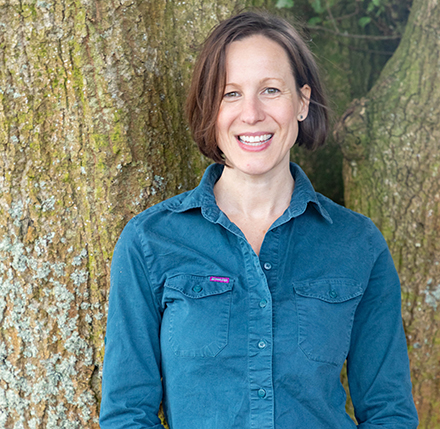On behalf of Forestry Australia we congratulate you on your initiative to improve the outlook for endangered koalas in NSW. However, we need to take a suite of actions to conserve and maintain healthy and sustainable populations and simply creating a National Park may not be the most effective means of enhancing koala conservation. Source: Dr Michelle Freeman President, Forestry Australia
Forestry Australia is an independent professional association with over 1,000 members.
Forestry is the science and craft of creating, managing, conserving, using and caring for forests, regardless of tenure.
The koala is an iconic wildlife species and an important part of Australia’s biodiversity and, accordingly, Forestry Australia’s members consider that that the proposed assessment process to create a new Great Koala National Park must be conducted carefully and holistically.
Otherwise, the establishment of this National Park could lead to unintended consequences.
Forestry Australia fully supports the critical role that well-managed National Parks can play in the conservation of Australia’s biodiversity.
However, creating a Great Koala National Park alone will not reduce threats to koalas or forest ecosystems.
The many threats contributing to koala decline, include climate change related issues such as increased occurrence and extent of intense bushfires, disease, road kills and loss of habitat due to urbanisation and land clearing. We must address all of these if we are to improve the outlook for Koalas in NSW.
Despite the public perception that the only way to protect species is to create more conservation reserves, Forestry Australia’s view is that koala recovery can best be achieved through a landscape-wide approach to active management of these populations and their forest habitats across all land tenures.
There is considerable evidence that the National Park estate is continuing to be degraded due to unnatural fire regimes, pests and diseases, and a lack of active management to mitigate their impacts.
Forestry Australia considers that in most jurisdictions, including NSW, the system of National Parks is vastly under-funded, with relatively passive management, which constrains options to manage key threats at a landscape scale and can remove opportunities for Traditional Owner self-determination of culturally appropriate land management practices.
Further, we note the existing State Forests located between Kempsey and Grafton include many areas of regrowth and planted eucalypt trees that provide the resources necessary to sustain some of Australia’s most sophisticated remaining value-adding hardwood timber processors and transmission pole producers.
Given global recognition of the important roles of sustainable forest management and increasing substitution of wood products for greenhouse gas intensive products in meeting net zero emissions commitments, Forestry Australia considers it would be a perverse outcome if the Great Koala National Park initiative led to the closure of these forest industries.
We welcome a dialogue on how Forestry Australia can assist the processes to secure the future for koalas in NSW, through science-based active forest management approaches.






